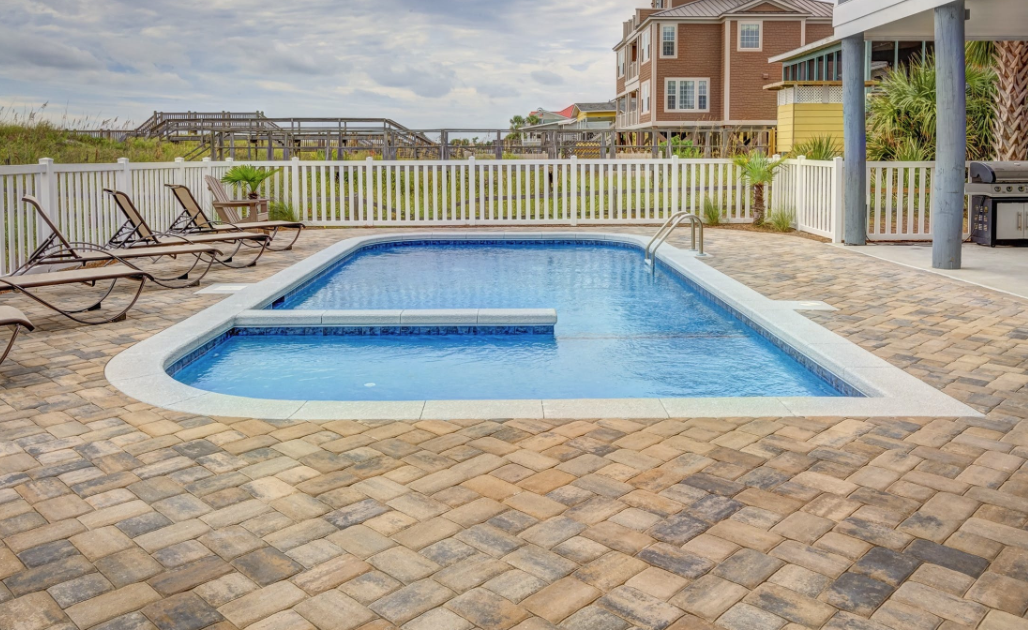
What You Need to Prepare for When You Own a Pool in a Flood Zone
On the surface, it might seem a little silly to worry about water getting into your pool. The extra volume from occasional rainfall is fine in most cases, but the same can’t be said about true flooding. Pools on properties located in flood zones need to be prepared ahead of time to ensure they stay intact throughout the ordeal. Heavy flooding can also pose a hazard to people, so owners should make sure no one uses a flooded pool until it’s been completely cleaned and treated.
Pool Covers and Equipment Protection
Pool owners living in flood-prone areas should consider investing in gear to protect their pool and related equipment. A durable cover that seals the top of the pool is the best way to keep unwanted water out. Even if water does seep in, a cover can block out a lot of the dirt and solid debris. Any equipment that can’t be easily moved to shelter should also be protected with cases or covers when possible. All electronic components should be unplugged prior to the flood threat to eliminate the risk of electrocution.
Water Level Management
Every pool owner understands the importance of water level management. Scooping water out with a bucket may produce results eventually, but most people rely on an automated pump to move water out of their pool. It’s important to get water pump repairs and maintenance on a regular basis, especially if you live in a high-risk area for floods. Owners should use pumps to clear some water out of their pool prior to flooding and again after the threat has subsided.
Structural Damage
Pool owners also need to prepare for the unfortunate possibility of damage to their pool’s structure or equipment following a flood. Above-ground-pools can buckle or bend if they are beyond capacity for too long. The cement or terrain around in-ground pools can also be impacted by flood waters. Owners should take the time to inspect as much of their pool as they can before using it again.
Cleaning After a Flood
Even minor flooding warrants a deep cleaning of the pool’s interior, water content and filtration system. Flood waters can carry all kinds of contaminants, ranging from dead lives and broken twigs to insecticides and petroleum compounds. Owners should completely clean their pool, then treat and test the water until chemical levels are balanced again.
Frequent flooding can be a headache for pool owners, but it shouldn’t stop you from having one. Making a few simple preparations and watching out for flood warnings is often enough to minimize most of the risks involved.
